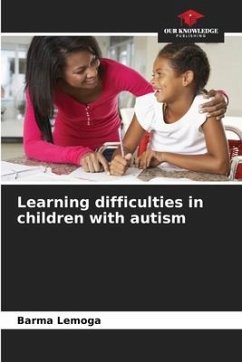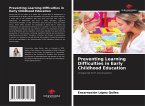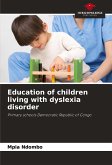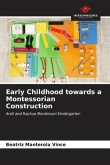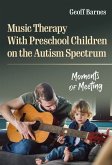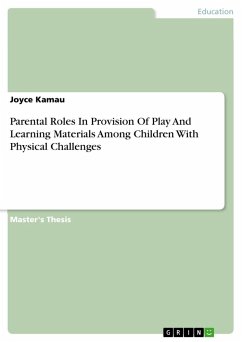This work aims at understanding the research fields as well as the difficulties that autistic children experience when learning a second language in Togo. The choice of this subject is justified by the fact that care and teaching are given to these children in a language different from their mother tongue and I wonder about the effects of this bilingualism, in particular on fundamental learning. My professional experiences have led me to work as a community-based rehabilitation agent on the project Rehabilitation of Children with Disabilities (RESH), a project coordinated by Plan International Togo and the NGO Envol Togo, specialized in the care of autistic, hearing-impaired, and Down syndrome children. The distancing allows, thanks to social science research methods, to understand their psychosociological universe, which is intrinsically linked to language practices, linked in turn to classroom practices. These practices are carried out in a care environment, with tools and constraints that are not those of ordinary school teaching.
Bitte wählen Sie Ihr Anliegen aus.
Rechnungen
Retourenschein anfordern
Bestellstatus
Storno

